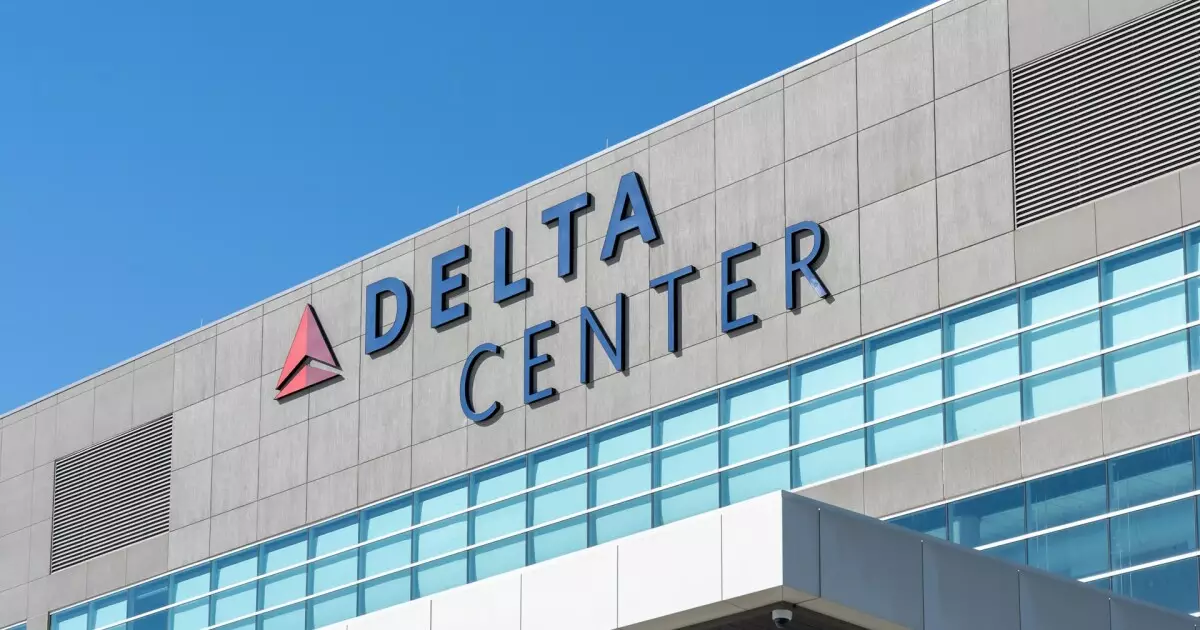Salt Lake City is on the brink of a significant transformation, as the city council has recently approved a groundbreaking agreement potentially worth up to $900 million aimed at reinvigorating its main sports arena and surrounding downtown district. This initiative, driven by the Smith Entertainment Group, seeks to modernize the Delta Center while fostering economic growth and urban renewal in a location that has long been a focal point for both sports and community events. With the consent of local government, this project is set to make profound impacts on the city’s landscape, positioning it for future growth.
Central to the financing of this ambitious scheme is a proposed increase in the local sales tax. Specifically, a 0.5% increment on the existing 7.75% sales tax has been endorsed, which is projected to generate approximately $1.2 billion over a period of 30 years. This financial maneuver, while a necessary step for funding the renovation plans, does attract scrutiny. Notably, the tax increase is structured to exempt essential goods such as groceries and major purchases like vehicles, thus aiming to shield low-income residents from the potential burdens of a tax hike. The city council appears unified in its support, but robust community dialogues are vital to address resident concerns surrounding economic equity and transparency.
This infrastructure project is underpinned by a recent law passed in Utah that facilitates debt financing and local tax increases, thus creating a supportive legislative environment for such large-scale projects. The establishment of the oversight Revitalization Zone Committee signifies an effort to ensure accountability and effective monitoring throughout the project’s duration. The collaborative effort aims to maintain open lines of communication with the community, which will be crucial as construction progresses over the next three decades.
As the partnership with Smith Entertainment Group progresses, there are both high expectations and palpable concerns among Salt Lake City residents. Public feedback at recent council meetings underscored the contrasting sentiments surrounding the deal—supporters emphasize the opportunities for job creation and enhanced city amenities, while critics express worries about long-term implications for public infrastructure and services. Former mayoral perspectives reflecting on the need for a voter referendum highlight democratic accountability, ensuring that community members have a say in such impactful decisions.
The initiative represents not just an investment in aesthetics but rather a comprehensive vision for the city’s future. Council Chair Victoria Petro encapsulated the essence of this commitment, noting the necessity for sustained vigilance over the long-term implications of the project. The agreement, especially its emphasis on maintaining the presence of professional sports teams, symbolizes a strategic move to bolster community pride and economic activity in downtown Salt Lake City. With continuous oversight and engagement from both city officials and residents, this foundational step could lay the groundwork for a dynamic and thriving urban landscape in the years to come.
Salt Lake City stands at a pivotal point with the potential for transformative growth. As plans unfold, the focus should remain on stewardship and inclusive engagement to ensure that the benefits of this agreement resonate positively across the entire community.


Leave a Reply